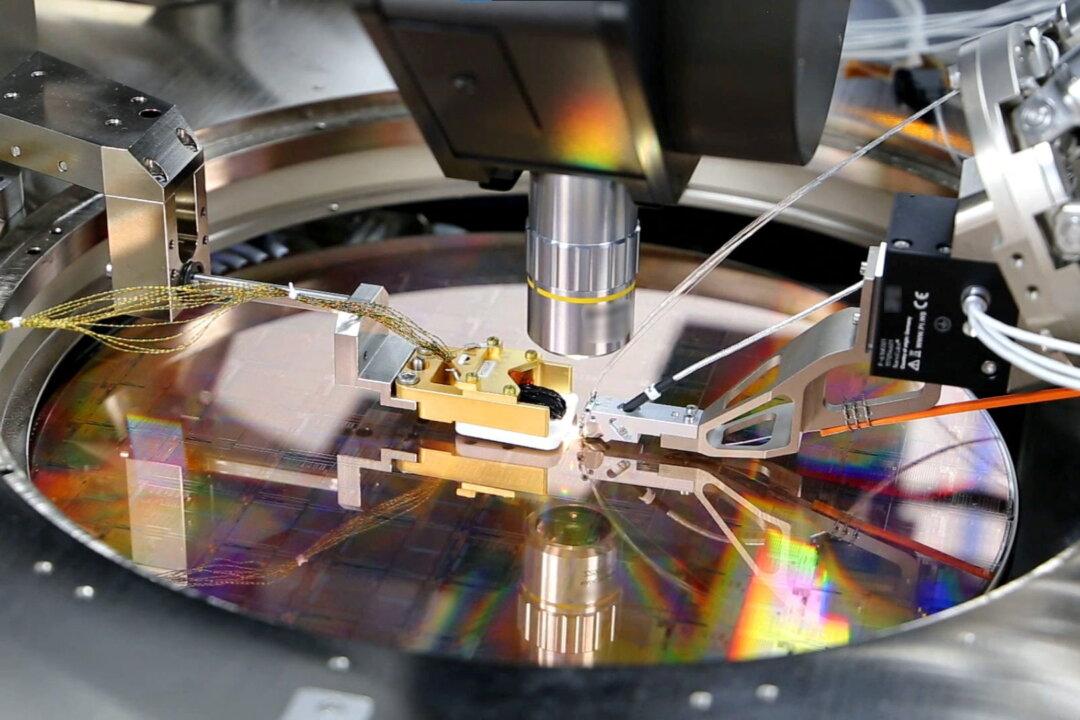The U.S. Commerce Department’s Bureau of Industry and Security (BIS) issued new controls on Sept. 5 to curb exports of sensitive technology out of national security concerns that the advanced technology could fall “in the wrong hands.”
“Aligning our controls on quantum and other advanced technologies makes it significantly more difficult for our adversaries to develop and deploy these technologies in ways that threaten our collective security,” stated Alan Estevez, under secretary for the Bureau of Industry and Security.





